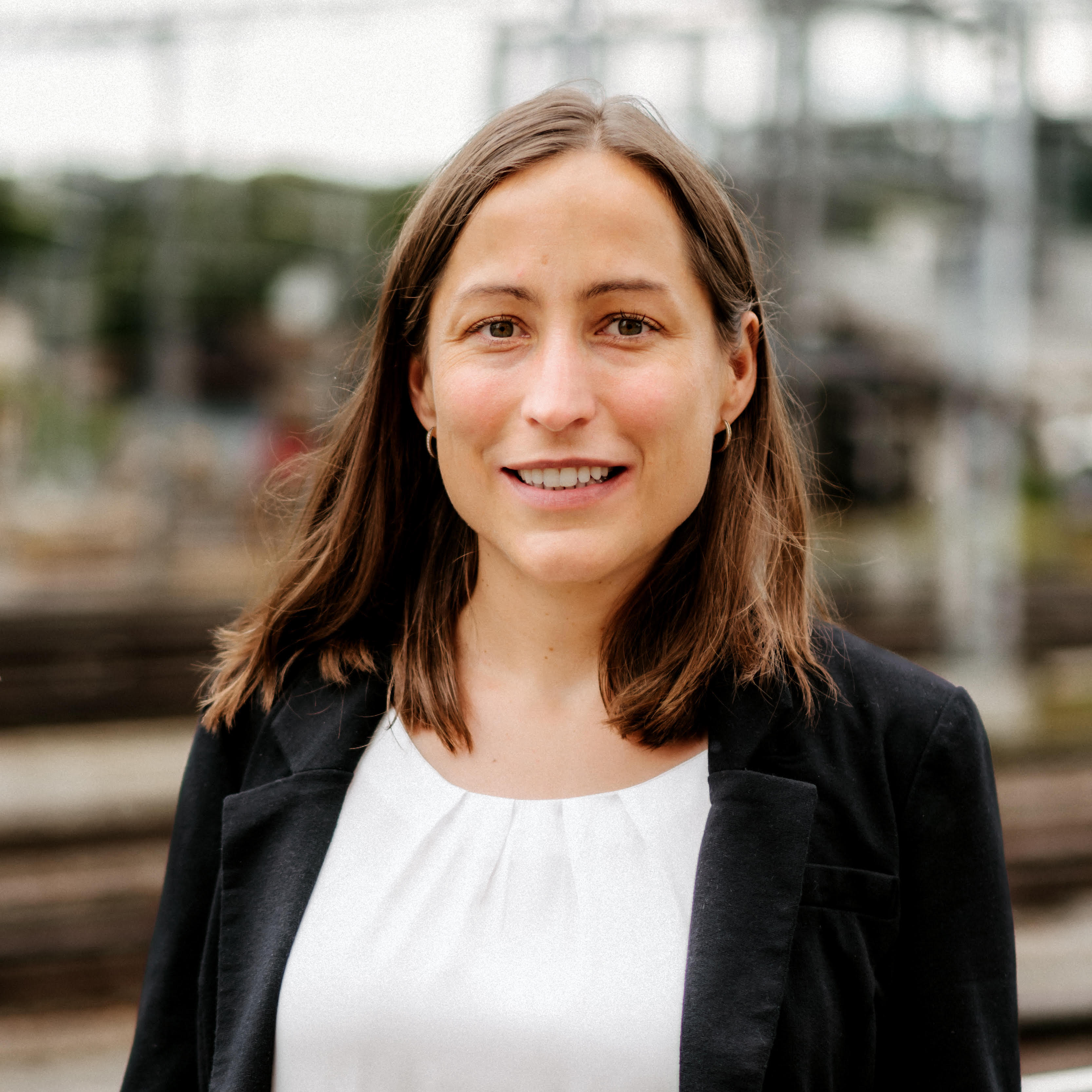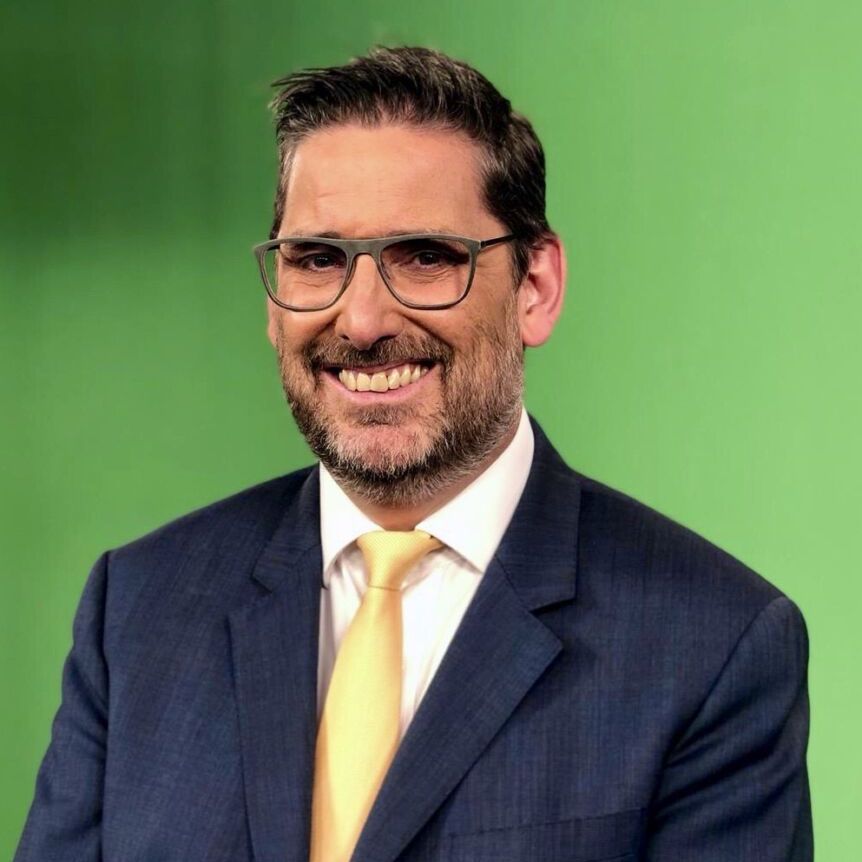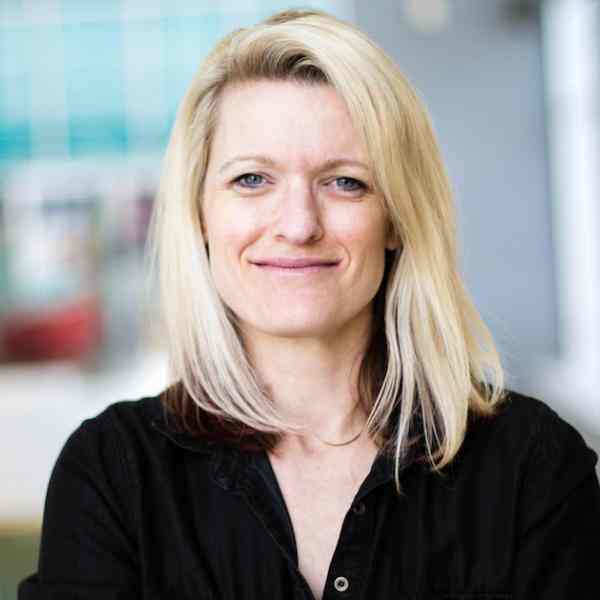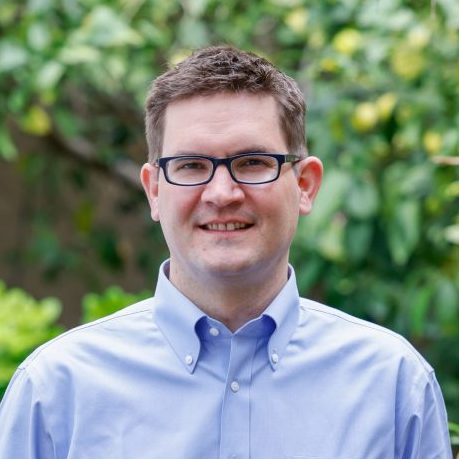In conjunction with ECCV 2022
In conjunction with ECCV 2022
Sign languages are spatial-temporal languages and constitute a key form of communication for Deaf communities. Recent progress in fine-grained gesture and action classification, machine translation and image captioning, point to the possibility of automatic sign language understanding becoming a reality. The study of isolated sign recognition has a rich history in the computer vision community stretching back over thirty years. Thanks to the recent availability of larger datasets, researchers are now focusing on continuous sign language recognition, sentence alignment to continuous signing and sign language translation. Advances in generative networks are also enabling progress on sign language production, where written language is converted into sign language video.
The "Sign Language Recognition, Translation & Production" (SLRTP) Workshop brings together researchers working on different aspects of vision-based sign language research (including body posture, hands and face) and sign language linguists. The focus of this workshop is to broaden participation in sign language research from the computer vision community. We hope to identify important future research directions, and to cultivate collaborations. The workshop will consist of invited talks and also a challenge with three tracks: individual sign recognition; English sentence to sign sequence alignment; and sign spotting.
Workshop languages/accessibility: The languages of this workshop are English, British Sign Language (BSL), and International Sign (IS). Interpretation between BSL/English and IS/English will be provided, as will English subtitles, for all pre-recorded and live Q&A sessions. If you have questions about this, please contact us.
See ECCV22_SLRTP_Challenge.pdf for challenge descriptions, instructions, terms and conditions.
Note: Participants are encouraged to request access to the dataset(s) used for the challenge as soon as possible, since it may take several days to obtain permission to download.
The challenge has three tracks. The first track is (1) sign recognition from co-articulated signing for a large number of classes – the task is to classify individual signs in continuous signing sequences given their approximate temporal extent. This should encourage discussion on how to best (i) exploit complementary signals across different modalities and articulators, (ii) model temporal information, (iii) account for long-tailed distributions.
The second track is for (2) alignment of spoken language sentences to continuous signing – the task of determining the temporal extent of a signing sequence, given its English translation. This is a key step for automatically constructing a parallel corpus for sign language translation. This should encourage discussion on how to best model video and text jointly.
The final track is (3) sign spotting : here the task is to identify whether and when a sign is performed in a given window of continuous signing. Sign spotting has a range of applications including: indexing of signing content to enable efficient search and “intelligent fast-forward” to topics of interest, automatic sign language dataset construction and “wake-word” recognition for signers.
Teams that submit their results to the challenges will also be required to submit a description of their systems. At the workshop, we will invite presentations from the challenge winners.
Date: Monday 24th October
Time: 14:00-18:00 GMT+3 (Israel Time), (12:00-16:00 London Time)
The workshop is fully virtual, denotes pre-recorded videos and denotes live interaction.
The access to the virtual platform will be allowed for ECCV'22 attendees who are registered with a workshop pass.



+ Invited talk by Melissa Malzkuhn:
Signing Avatars: Fluency, Comprehension, Acceptance
